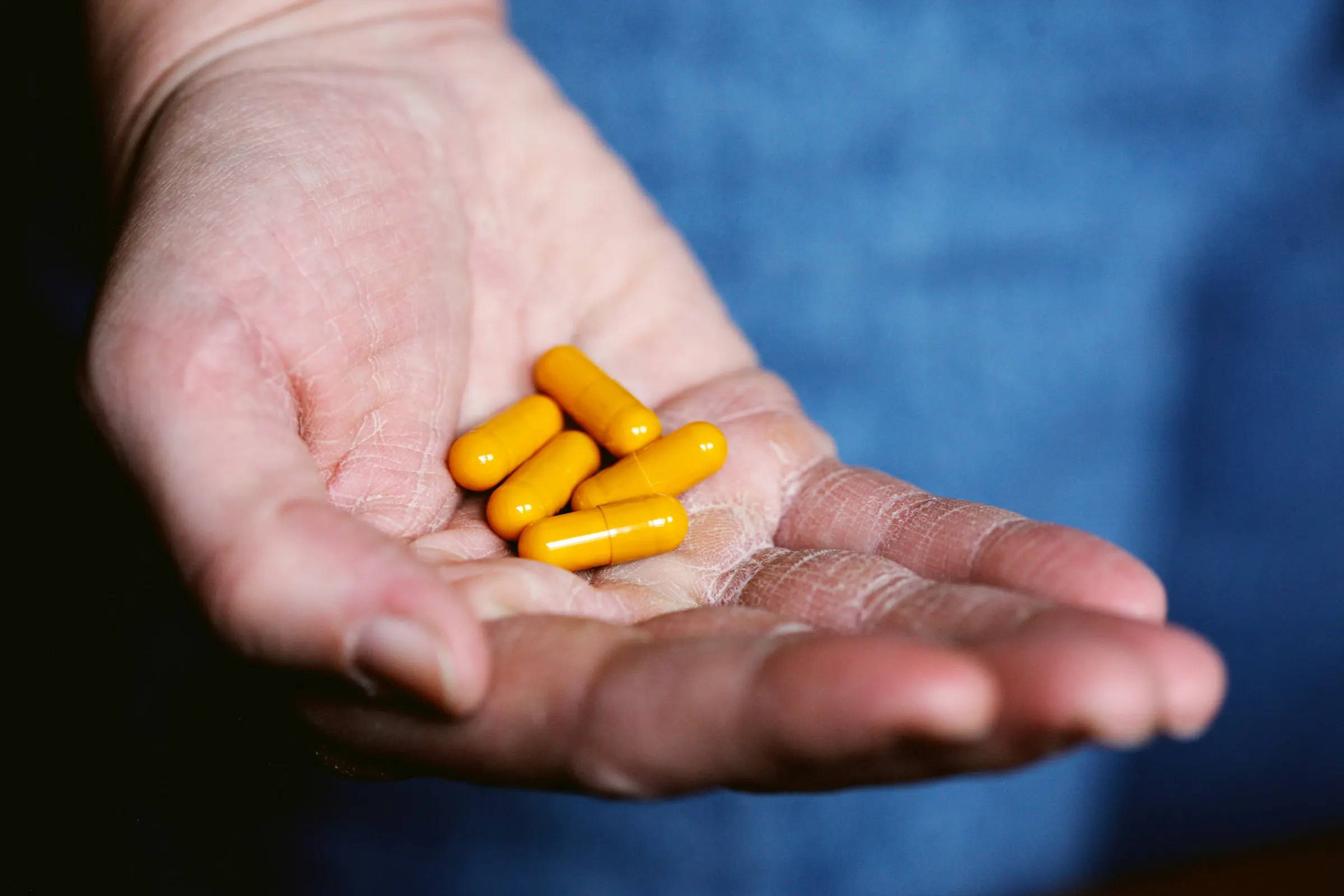CAFFEINE
YOUR ADHD'S BEST FRIEND OR WORST NIGHTMARE
IT IS THE MOST WIDELY USED PSYCHOACTIVE DRUG IN THE WORLD
It is used by some of the highest-level performers. It was responsible for the creation of the night shift, which revolutionized our world’s workforce. It fights off depression, increases alertness, and skyrockets your ability to concentrate. Even if you have ADHD, it can be a massive blessing to you. However, depending on when or how much you take, it could be your worst enemy. In this episode of the Odinn Labs podcast, we are talking about caffeine.
Those of us who suffer from the symptoms of ADHD or anxiety seem to fall on either side of the spectrum. Caffeine either fuels our lives and we love it, or it causes so much mental chaos that we avoid it like the plague. This is why caffeine is something that I have been wanting to cover for a very long time, so I am excited to get into this one since I believe caffeine can be one of the best things you can use to aid in focus, alertness, and productivity, as long as you use it correctly. In this episode, we are going to cover how caffeine works, why it wakes you up, and how you can utilize it to its best potential. By the end, you should be equipped with the knowledge and strategies to help you dominate life.

HOW AND WHY IT WORKS SO WELL


THE DOWN SIDE


HOW BEST TO USE IT WITH ADHD
Another dietary supplement that you can add to your caffeine & L-theanine mix is called L-Tyrosine. L-Tyrosine is an amino acid that acts as what we call a precursor. A precursor is a substance that is absorbed and transformed by the body into something that the body can use. L-Tyrosine is a precursor to adrenaline and, more importantly, dopamine. As we have gone over before, dopamine is the neurotransmitter that is associated with motivation, drive, and craving. Since ADHD symptoms are mainly caused by a deficiency in dopamine, this has the potential to alleviate some of those symptoms. I use it, and it’s great. For me, a normal dose is 500 mg for every 100 mg of caffeine.
Before we wrap this up, I want to sum up the key takeaways from this episode. Caffeine wakes us up because it inhibits our brain's use of adenosine, the amino acid which acts as our regulator of sleep. To avoid an afternoon crash, ingest your caffeine around 90 minutes after you wake up to give your brain adequate time to filter out leftover adenosine from the night before. Also, those of us who suffer from ADHD or just tend to get the jitters from caffeine can supplement with L-theanine to take the edge off and L-tyrosine to increase dopamine and potentially alleviate other ADHD symptoms. My personal ratio is for every 100 mg of caffeine, I take 100 mg of L-theanine and 500 mg of L-tyrosine. This concludes today’s episode, and I am looking forward to bringing more amazing content your way. So if you are interested, please give us a subscribe or follow, and these episodes will come straight to you at your convenience. Until then, onwards and upwards, over and out.


INSIGHTS
Topics to stimulate your thinking, feeling and achievement.
By Jul 04, 2024
By Sep 29, 2023
By Sep 28, 2023
By Sep 27, 2023
By Aug 19, 2023
By Aug 19, 2023
By Aug 14, 2023







